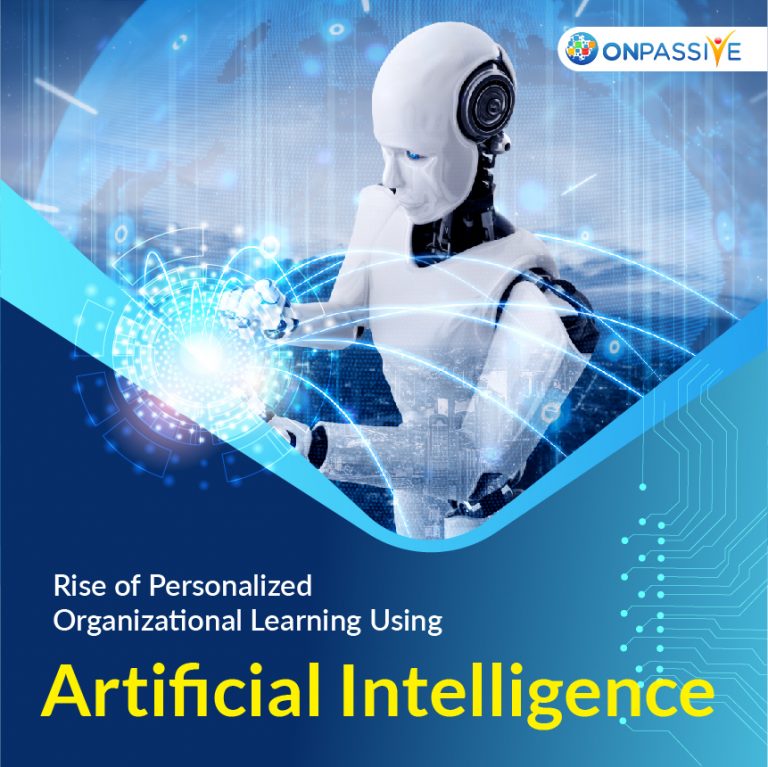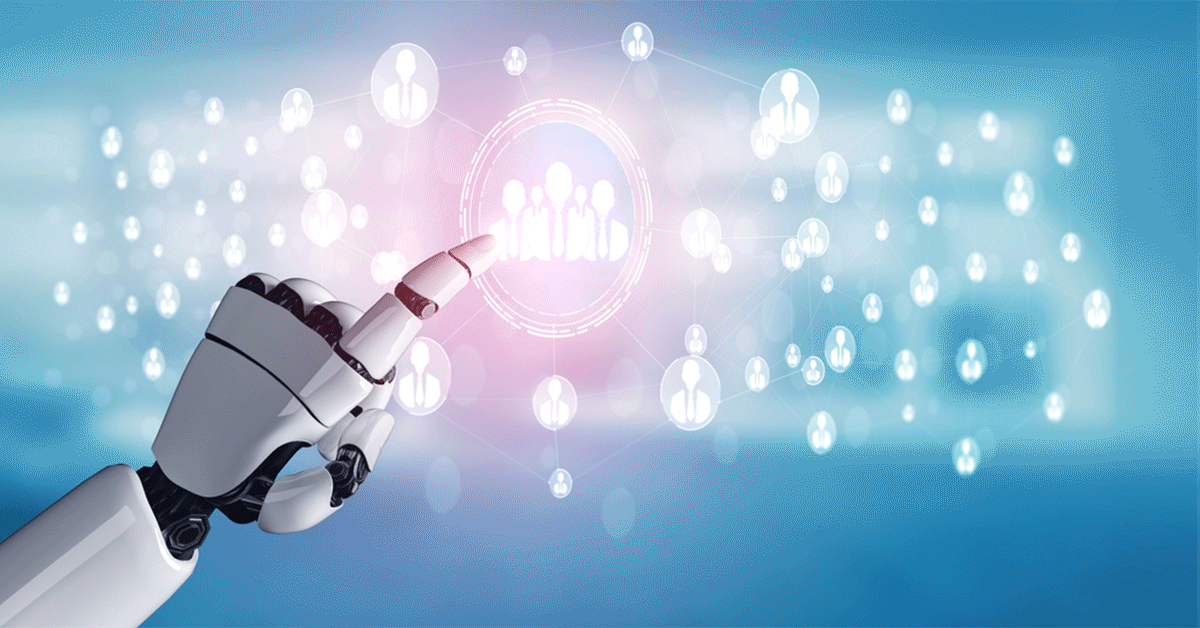
Our lives have changed drastically in past few months. From individuals to organizations, none of them spared the downturn from COVID19. Initially, it was difficult to predict the future of organizations and their operations.
Old protocols were tossed out the window, and a new set of rules and procedures were introduced. Companies also needed employees to keep up with these new rules and training.
What is Organizational Learning?
Organizational learning is the process of transferring knowledge amongst employees over a period of time to create significant impact and growth within an organization. This medium of creating, learning, and spreading knowledge improves the quality and strengthens foundations of an organization.
Three main factors contribute towards organizational learning:
- Knowledge Creation
- Knowledge Retention
- Knowledge Transfer
Companies ensure that knowledge gained in the process of learning is retained within organization. Knowledge gained cannot be retained completely because people can always leave organization, but embedded knowledge can always be kept and shared within organization. This form of learning improves employees, and teams as well as the organization as a whole.
Impact of learning while working (corporate growth)
Opportunity to learn while working has a significant impact on organizations. Employees can identify and develop skills specific to individual requirements, such as role-specific expertise or improving software capabilities. Chance to learn and work at the same time suits employees as well as the organization. This makes them feel invested in their personal growth and keeps them engaged and invested.
The larger impact of learning and developing includes:
Retaining and Attracting Employees
In current work environment, employee profiles are highly unlikely to remain the same over a period of time. Employees retain their positions as long as they are an asset to the company, but also only as long as the company is an asset to them. Often, a lack of opportunities or an obstruction in learning curve is the very reason why people want to move to a new organization.
Developing Capabilities
In today’s world, knowledge can be quickly outdated and replaced by newer attributes. With a KM plan guiding organizational learning and development, employees can be trained for such changes. When organizations invest in learning, they are more than twice as likely to hit their targets.
Building a Strong Learning Culture
It is imperative to build an environment that adds value to employees of the organization. When companies invest in creating a strong connection and value system, it seeds an interest amongst young individuals who prioritize personal growth. A strong learning culture will arm them with the knowledge they need to excel, which in turn contributes to development of the organization.
Encouraging Employees
Learning opportunities are often directly proportional to happiness of employees in any organization. When they feel satisfied with their work and opportunities for growth, they produce more, and employee retention increases.
Organizational learning can go a long way in enhancing employee engagement by giving them the opportunity to upskill themselves. This is usually an very attractive option for the career minded employees and the organization can benefit greatly by giving these benefits to deserving candidates.

Learning Aspects related to Policies and Internal Processes
Many organizations make the mistake of not documenting and disbursing policies and processes as long as everything is running smoothly. Policies and processes are not mere documents they lay down the guidelines for best practices. Your KM system and organizational learning will ensure this filter down to every last employee.
Rise of AI Solutions in Employee Training
Artificial Intelligence becomes a significant part of your lives, influencing your personal lives. It is a time for various recommendations received while viewing content or shopping online for tracking estimated time. It is courtesy for AI running in the background, interpreting data and identifying patterns faster than humanly possible.
In organizational training, AI made a significant entry through numerous applications and ushering in an exciting phase. 80% of emerging technologies will have AI foundation.
AI is undoubtedly colossal these days, and one of its most useful paybacks has been an element of personalization lent to training.
Personalization in Organizational Training
It is more critical because companies are mainly taking advantage of boundless learning modules that are already available in the cloud ecosystem. However, in today’s competitive corporate landscape, one-size-fits-all kind of training approach may not work always.
Besides this, employees having access to high-speed internet garners more information on their own about what they needed to help them excel at their work. The workforce comprises millennials and Gen Zs, prefer to self-manage their learning experiences.
In this situation, personalization of training is a way to offer a customized and highly relevant employee learning experience. L&D teams are at a better position to upskill and reskill compared on generalized training crafting a personalized learning path for employees.
Personalized Organizational Training using AI
The training of Personalized Organizational includes following features:
* Imparts Relevant Learning
AI-based learning allows employees to access information which is most relevant at the time of their need, rather than when the trainer wants to get trained. It is an essential aspect of belief that training works in the best manner given to a person at the time, that they required it within the format they desired.
* Facilitates Proactive Professional Developments
AI-based learning assists employees along their career path in a positive way. It is same as someone is tracking their progress on a daily, weekly, or monthly basis and can offer them corrective measures to advance along their career paths in a much better manner.
* Encourages Employees to Participate in Training Sessions
One of the most significant issues L&D teams face is getting employees to take training and assessments. The completion rates are meagre in most cases. L&D teams can provide relevant content to employees and encourage them to take the training at that point using AI-based tools. Instead of waiting for employees assembling at a particular location, participating in a training session, AI enables L&D teams to deliver training whenever and wherever employees needed.
* Future of Learning
The advancements of data analytics and artificial Intelligence changes workplace as looked equally. These are precisely at disciplines that help workers to equip themselves becoming more productive in the future workplace.



Danka Turcar
3 years ago